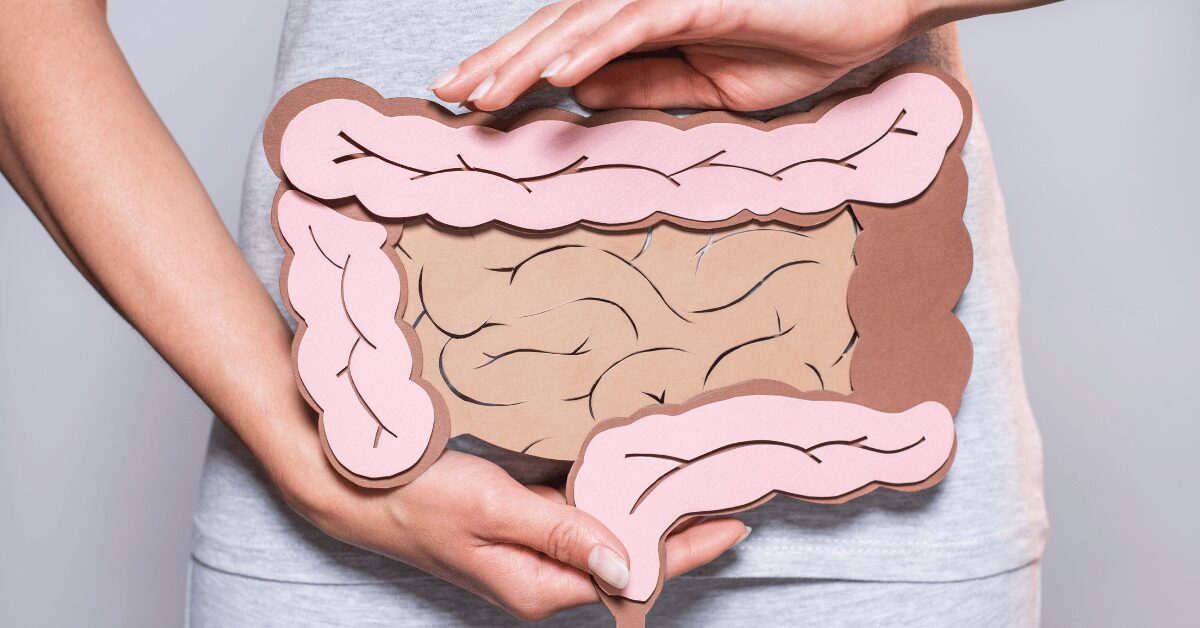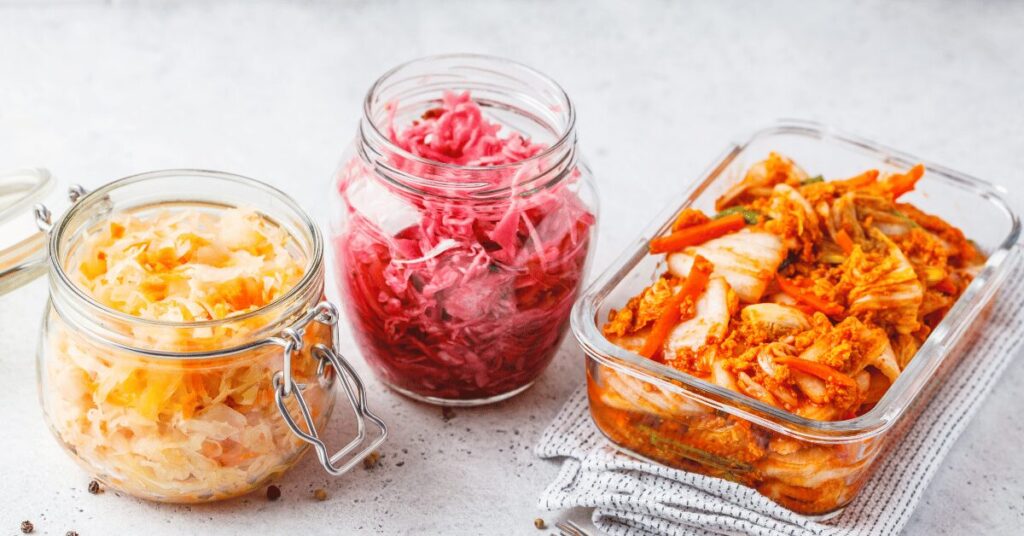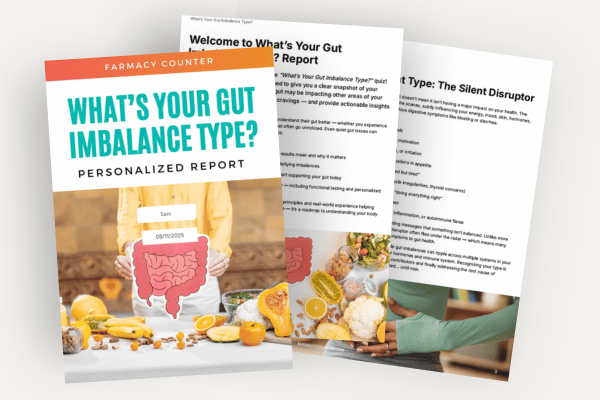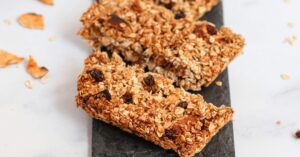
You’ve probably noticed it.
Maybe it’s the bloating that shows up after meals that never used to bother you. Or the afternoon energy crash that feels heavier than it used to. Perhaps it’s the brain fog, the unpredictable bowel movements, or just a general sense that your digestion isn’t as forgiving as it once was.
You might brush it off as “just getting older.” But here’s what’s really happening: your gut is changing. And those changes are asking for something different from you.
Your gut microbiome—the ecosystem of bacteria living in your digestive tract—does far more than help you digest food. It regulates your immune system, produces neurotransmitters that affect your mood, manages inflammation throughout your body, and even influences how you metabolize nutrients and store energy.
And like everything else in your body, it evolves with time.
As you age, the diversity of bacteria in your gut often decreases. The beneficial strains that keep your gut lining strong and your inflammation low may start to decline. Meanwhile, bacteria that thrive on stress, processed foods, or irregular eating patterns can start to dominate.
This isn’t failure. It’s adaptation. Your microbiome is responding to decades of life—your diet, your stress levels, medications you’ve taken, how much sleep you get, even how often you move your body.
But here’s the part most people don’t realize: your gut is still capable of profound change. With the right support, it can become resilient again—even after years of struggle.
What’s Actually Happening in Your Gut as You Age
Let’s break down some of the most common shifts, in language that actually makes sense:
Your gut loses its variety
Think of your microbiome like a garden. The more types of plants (bacteria) you have, the healthier and more resilient the ecosystem. As we age, that diversity often shrinks—especially if we’re eating the same foods over and over, dealing with chronic stress, or have taken multiple rounds of antibiotics over the years.
When diversity drops, your gut becomes more vulnerable. Your immune system can start overreacting to foods or triggers that never bothered you before. You might notice more inflammation, more fatigue, or even new food sensitivities cropping up.
Your gut makes less of the “good stuff”
Certain bacteria in your gut produce short-chain fatty acids—compounds with names like butyrate, acetate, and propionate. These are incredibly important. They feed the cells lining your gut, keep your immune system balanced, help regulate your blood sugar, and even support brain health.
As we age, the bacteria that make these compounds often decline. That can weaken your gut lining, increase inflammation, and make it harder for your body to stay metabolically balanced.
Your stomach produces less acid
This one surprises people. We’re often told we have too much stomach acid (hello, antacids). But the truth is, many people—especially as they get older—don’t produce enough.
Low stomach acid makes it harder to break down protein, absorb key minerals like iron and magnesium, and can actually create an environment where harmful bacteria start to overgrow in places they shouldn’t (like your small intestine). If you feel full quickly, notice undigested food in your stool, or experience bloating after high-protein meals, this could be part of the picture.
Your gut starts breaking down protein instead of fiber
When your diet is low in fiber and your digestion slows down, certain bacteria shift their focus. Instead of fermenting the fiber you eat (which produces helpful compounds), they start breaking down protein. This creates waste products like ammonia and hydrogen sulfide—substances that can irritate your gut lining, contribute to inflammation, and even affect your mental clarity.
Your gut lining becomes more “leaky”
The cells lining your intestines are meant to act like a selective barrier—letting nutrients in while keeping toxins and undigested food particles out. Over time, due to stress, inflammation, poor diet, and oxidative damage, those tight junctions between cells can start to break down.
When that happens, things that shouldn’t enter your bloodstream start slipping through. Your immune system sees them as threats and ramps up its defenses. This can show up as fatigue, joint pain, skin issues, mood changes, or worsening food reactions.
Everything moves more slowly
Gut motility—the wave-like contractions that move food through your system—often slows with age. This can be influenced by stress, dehydration, lack of movement, thyroid issues, or simply a less active nervous system.
Slower transit time increases the risk of bacterial overgrowth, constipation, and poor absorption of fats and fat-soluble vitamins like A, D, E, and K. It can also mean that bile (which helps you digest fats) becomes sluggish, further impacting digestion.

Here’s the Good News: Your Gut Can Still Heal
Even if you’ve struggled with digestive issues for years, your microbiome is one of the most responsive systems in your body. It can shift in a matter of days to weeks when you give it what it needs.
You don’t need a perfect diet or a complicated protocol. You just need consistency and the right inputs.
Here’s where to start:
Feed your good bacteria
Aim for 30–40 grams of fiber daily from real food. Think onions, leeks, garlic, asparagus, oats, flaxseeds, lentils, and cooked-then-cooled potatoes (which create something called resistant starch). These foods act like fertilizer for the beneficial bacteria already living in your gut.
Eat the rainbow
Colorful plant foods—berries, leafy greens, cacao, green tea, olive oil—are rich in polyphenols. These compounds feed your microbiome, reduce inflammation, and support your body’s natural anti-aging pathways.
Add fermented foods (slowly)
Sauerkraut, kimchi, kefir, or plain yogurt can introduce beneficial bacteria and support gut diversity. Start with a tablespoon or two per day and see how you feel. If you have histamine sensitivity or bacterial overgrowth, go slow and work with a practitioner.
Support your digestive power
If you’re bloated, feel full quickly, or notice undigested food in your stool, your body may need help breaking things down. Digestive bitters before meals, a splash of apple cider vinegar in water, or digestive enzyme supplements can make a big difference. If low stomach acid is the issue, addressing the root cause (like stress, nutrient deficiencies, or H. pylori infection) is key.
Calm your nervous system before eating
Digestion doesn’t happen well when you’re stressed. Before meals, take five deep breaths, put your phone away, and let your body know it’s safe to digest. Even a few moments of stillness can shift your nervous system into “rest and digest” mode, which improves enzyme secretion, blood flow to your gut, and nutrient absorption.
Move your body daily
Regular movement—even walking—supports gut motility and microbial diversity. It doesn’t have to be intense. Just consistent.
Consider testing
If you’ve been guessing for years and nothing seems to stick, functional stool testing can show you exactly what’s going on—your microbial diversity, inflammation markers, digestive enzyme function, and more. It takes the guesswork out and lets you address the actual imbalances, not just symptoms.
Ready to Take the Next Step?
If low energy, mood swings, cravings, or brain fog feel like your “new normal,” your gut may be asking for attention. Understanding which type of imbalance you’re dealing with—whether it’s low stomach acid, bacterial overgrowth, or a weakened gut lining—can completely change your approach.
👉 Take our 3-minute “What’s Your Gut Imbalance Type?” Quiz here to get clarity on what’s actually happening beneath the surface.
You’ll receive a personalized 7-page report with:
✅ Your specific gut imbalance type (and what it means for you)
✅ Targeted food and lifestyle strategies based on your results
✅ A clear, functional medicine roadmap to feeling better
Aging doesn’t mean your gut has to become a source of struggle. With the right support, your microbiome can remain a foundation of energy, clarity, and resilience—and this quiz is your first step toward feeling like yourself again.

What’s Your Gut Imbalance Type?
Take our 3-minute quiz to discover your unique gut type — and get a personalized 7-page report with insights and actionable steps to support digestion, energy, mood, and overall gut health.






